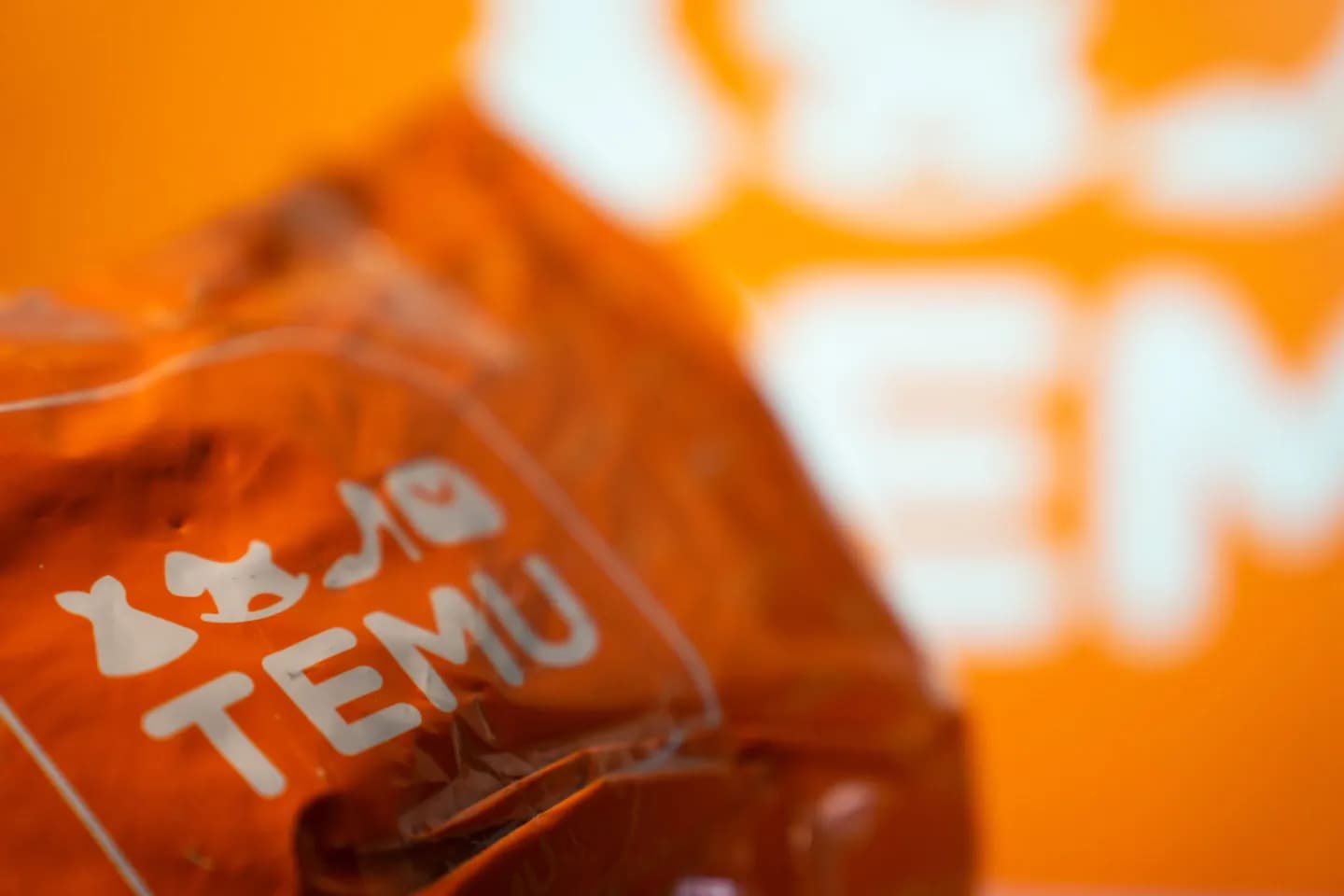Understanding the Temu Consumer Protection Lawsuit
Temu, one of the fastest-growing shopping apps in the world, has gained massive popularity for its affordable products, free shipping options, and gamified shopping experience. However, as with many global e-commerce platforms, Temu has faced scrutiny over privacy, product quality, and consumer rights. The recent Temu consumer protection lawsuit has brought these issues into sharper focus, prompting questions about how the company operates and what protections consumers truly have.
This lawsuit stems from various complaints raised by users and consumer protection agencies. The central concern revolves around whether Temu complies with established consumer protection laws, particularly regarding data handling, advertising transparency, and the safety of items sold on its platform. As the investigation unfolds, it’s essential for shoppers to understand both the allegations and the company’s response.

Understanding the Temu Consumer Protection Lawsuit
Background of the Case
The Rise of Temu in Global E-commerce
Temu is operated by PDD Holdings, the same parent company behind China’s popular platform Pinduoduo. Since its launch, Temu has quickly expanded across the United States and Europe, positioning itself as a destination for low-cost, trendy goods. Its success has largely been driven by social media marketing and attractive promotions that encourage users to shop more and share the app with friends.
However, with rapid expansion often comes increased regulatory attention. Authorities in several regions have begun investigating whether Temu’s business model aligns with consumer protection and data privacy standards.
Key Allegations in the Lawsuit
The Temu consumer protection lawsuit focuses on multiple areas of concern. Plaintiffs have alleged that the platform may have misrepresented product quality, failed to disclose data usage practices clearly, and did not provide sufficient recourse for defective or counterfeit goods. Some users also claim they experienced difficulties obtaining refunds or contacting customer service after receiving unsatisfactory products.
In addition, critics have raised questions about how Temu handles personal data. As e-commerce platforms increasingly rely on algorithms to recommend products and track consumer behavior, data privacy becomes a critical component of consumer rights. The lawsuit seeks to determine whether Temu violated any privacy laws or misled users about how their data would be used.

Background of the Case
Legal and Ethical Implications
Consumer Rights in the Digital Marketplace
The Temu consumer protection lawsuit is a reminder of how complex modern online shopping has become. In the digital age, consumer rights extend beyond product safety—they also cover fair advertising, accurate product descriptions, secure data storage, and transparent refund policies.
If the allegations are proven, Temu could face penalties or be required to implement new measures to protect users. These measures might include clearer return policies, stronger seller verification systems, and improved data transparency statements.
The Role of Consumer Protection Agencies
Regulatory bodies play a vital role in ensuring fairness in digital marketplaces. Agencies such as the U.S. Federal Trade Commission (FTC) and the European Consumer Organisation (BEUC) often monitor online retailers to ensure they comply with fair trading laws. In the case of Temu, these agencies may evaluate whether the platform provided users with sufficient information about the risks of purchasing certain items or about how personal information is processed.
This growing scrutiny reflects a broader trend in e-commerce regulation. As more consumers rely on apps like Temu, governments are strengthening their oversight to ensure users are not exploited by unclear or deceptive practices.
How Temu Responded to the Allegations
Temu has publicly denied any wrongdoing and maintains that it complies with all applicable laws in the regions where it operates. In response to the Temu consumer protection lawsuit, the company has reiterated its commitment to protecting consumer rights, emphasizing that it continuously improves its safety checks, refund processes, and seller monitoring systems.
The platform also claims that it collaborates closely with authorities to ensure full transparency in its operations. Temu’s representatives have highlighted that any data collected from users is used strictly to enhance the shopping experience, personalize product recommendations, and prevent fraudulent activity.
However, public perception remains divided. Some consumers believe Temu provides excellent value and trustworthy service, while others worry that its low prices come at the expense of data privacy and product reliability.

How Temu Responded to the Allegations
Broader Impact on E-commerce Practices
Setting a Precedent for Other Platforms
The outcome of the Temu consumer protection lawsuit could set an important precedent for other online retailers, especially those that rely heavily on third-party sellers. If the court finds that Temu failed to protect consumers adequately, regulators may impose stricter rules for transparency and accountability across the industry.
Platforms like Amazon, Shein, and AliExpress have faced similar scrutiny in the past, with concerns about counterfeit goods and unclear refund policies. The Temu case may therefore serve as a wake-up call for the e-commerce sector to adopt more responsible and ethical practices.
Growing Consumer Awareness
Beyond the legal ramifications, this lawsuit has heightened consumer awareness. Shoppers are becoming more cautious about where they buy products, how their data is used, and whether they can trust app-based marketplaces. Many consumers now read reviews carefully, check seller ratings, and pay attention to privacy settings before making a purchase.
This increased vigilance may push companies like Temu to prioritize transparency and customer satisfaction even more, turning potential legal challenges into opportunities for long-term trust-building.
What This Means for Temu Users
Staying Informed and Protected
For regular users of the app, understanding the Temu consumer protection lawsuit can help them make smarter choices. It’s essential to read the fine print, review the return policy, and keep records of purchases. Users should also ensure they’re buying from verified sellers and report any suspicious activity directly through Temu’s customer support system.
Temu has implemented several safety features that users can take advantage of, such as order tracking, purchase protection, and a dispute resolution system. Being proactive about using these tools is key to minimizing risks while shopping online.
The Future of Shopping on Temu
While legal proceedings are still ongoing, Temu continues to expand its global presence. The company has expressed confidence that it will overcome the challenges posed by the lawsuit and emerge as a stronger, more transparent platform.
If Temu successfully addresses the concerns raised in court and improves its consumer protection measures, it could set new standards for digital shopping experiences. On the other hand, if significant violations are proven, the brand may need to undergo major operational reforms to rebuild consumer trust.
The Temu consumer protection lawsuit represents more than just a legal dispute—it symbolizes a broader conversation about accountability in the global e-commerce industry. As millions of users flock to online shopping platforms for convenience and affordability, the line between innovation and responsibility becomes increasingly important. For Temu, this case offers both challenges and opportunities. It challenges the company to uphold higher standards of consumer protection and offers an opportunity to prove its commitment to transparency and trust. For shoppers, it’s a timely reminder to stay informed, cautious, and aware of their rights in an ever-evolving digital marketplace.














